Apple’s NFC Decision: A Response to EU Antitrust Concerns Picture this: Apple, known for its tight grip on technology, is loosening the reins on its Near-Field Communication (NFC) system. Why, you ask? Well, it seems the European Union’s antitrust watchdogs have been wagging their fingers at Apple, suggesting that the company’s exclusive access to NFC chips in its devices is a bit too monopoly-ish for their taste. To avoid formal EU antitrust charges and potentially hefty fines, Apple’s playing ball and opening up the NFC system to other payment services.
What Does This Mean for Mobile Payments? Imagine strolling through a European market, iPhone in hand, and having a smorgasbord of payment options at your fingertips, not just Apple Pay. That’s what’s cooking in Apple’s kitchen. This move could level the playing field for banks and alternative payment platforms that have long felt sidelined. Until now, only Apple Pay and the Wallet app could cozy up to the iPhone’s NFC chip for those slick, tap-and-go transactions at your local café or boutique.
Competition Heats Up: A New Era for Mobile Wallets This isn’t just about playing nice with regulators. Apple’s decision to open its NFC system could send ripples across the mobile payment landscape. Competitors are probably rubbing their hands together, eager to jump onto the iPhone bandwagon and offer their own tap-and-go experiences. It’s like Apple has thrown a party and finally sent out invitations to everyone, not just its best pals.
EU’s Role: The Deciding Factor Now, the ball is in the EU commission’s court. They’re going to chat with rival mobile payment companies to see if Apple’s olive branch is enough to soothe the antitrust concerns. If not, Apple might still face a showdown with the regulator, who has the power to slap a fine of up to 10% of a company’s revenue. Talk about high stakes!
The Global Impact: Will It Reach Beyond the EU? As of now, it’s a bit hazy whether Apple’s NFC policy change will go global or stay exclusive to the EU. Given that similar antitrust charges aren’t knocking at Apple’s door in the U.S., they might keep the status quo elsewhere. But let’s not rule out the possibility of a ripple effect, influencing how Apple plays the game in other markets too.
The Bigger Picture: Apple’s Strategy in a Nutshell This move by Apple is part of a broader trend where the tech giant seems to be bending a bit to regulatory pressures. From swapping Lightning for USB-C in iPhones to promising RCS support in 2024, Apple’s showing a bit more flexibility than we’re used to. It’s like watching a strict teacher starting to let students chew gum in class – a small change, but significant.
Wrapping Up: A New Chapter for iPhone Users So, what’s the takeaway for all you iPhone users out there? Get ready for more choices in how you pay with your phone, at least in the EU. This could be the start of a more open, competitive era for mobile payments on iPhones, shaking up the market and maybe, just maybe, giving you more reasons to love your iPhone.
In the world of tech, change is the only constant, and Apple’s NFC decision is a testament to that. It’s a fascinating turn in the tech narrative, and we can’t wait to see how this story unfolds. Stay tuned, folks, and keep tapping away!





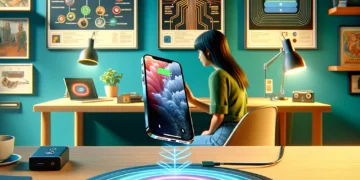




![Apple Watch SE (2nd Gen) [GPS 40mm] Smartwatch with Starlight Aluminum Case with Starlight Sport Band S/M. Fitness & Sleep Tracker, Crash Detection, Heart Rate Monitor](https://www.tech-bit.com/wp-content/uploads/2024/06/applewatchse2ndgengps40mmsmartwatchwithstarlightaluminumcase-360x180.jpg)


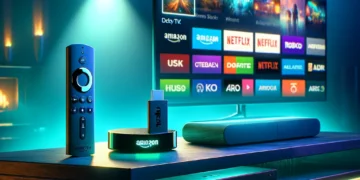

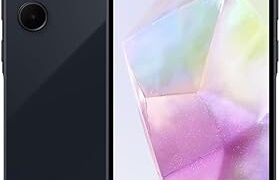
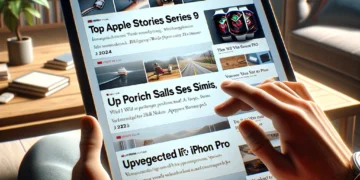
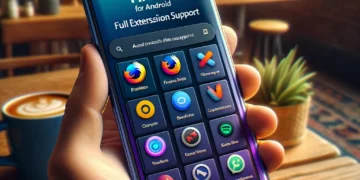
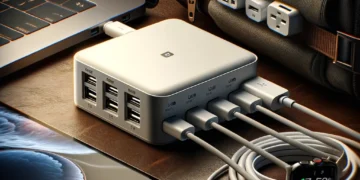

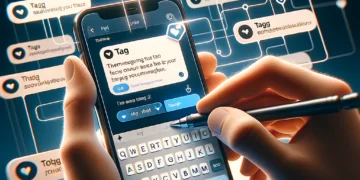

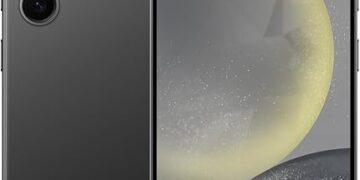


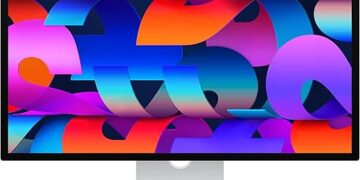
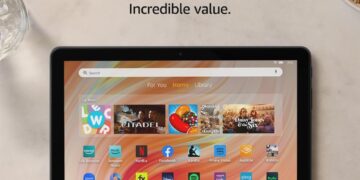
![Apple Watch Series 9 [GPS 45mm] Smartwatch with Midnight Aluminum Case with Midnight Sport Band S/M. Fitness Tracker, ECG Apps, Always-On Retina Display, Water Resistant](https://www.tech-bit.com/wp-content/uploads/2024/06/applewatchseries9gps45mmsmartwatchwithmidnightaluminumcasewith-360x180.jpg)


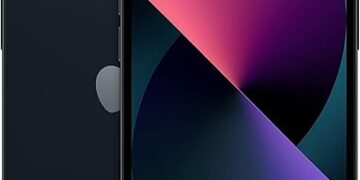
![Apple Watch Ultra 2 [GPS + Cellular 49mm] Smartwatch, Sport Watch with Rugged Black Titanium Case with Black Ocean Band. Fitness Tracker, Precision GPS, Action Button, Extra-Long Battery Life](https://www.tech-bit.com/wp-content/uploads/2024/10/applewatchultra2gpscellular49mmsmartwatchsportwatchwithrugged-360x180.jpg)
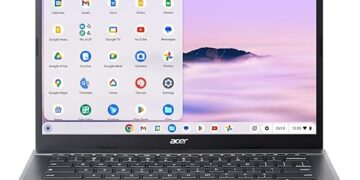


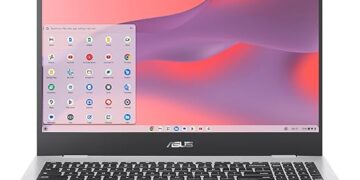
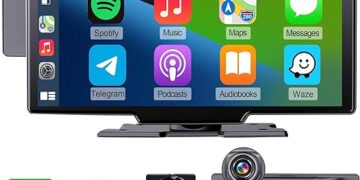
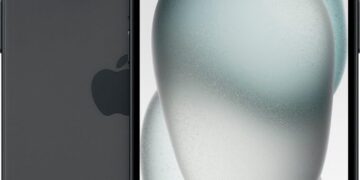
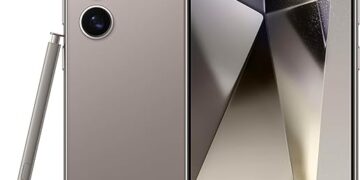
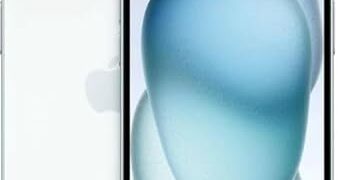
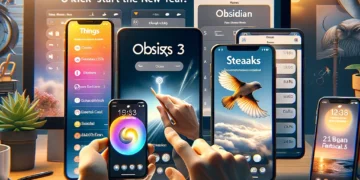

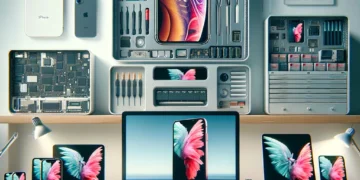
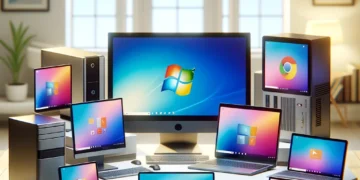
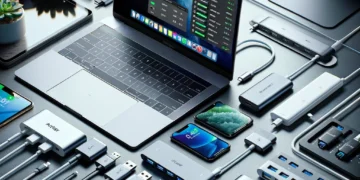

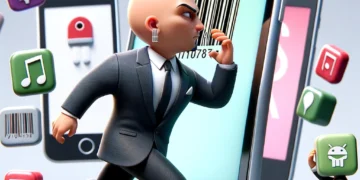
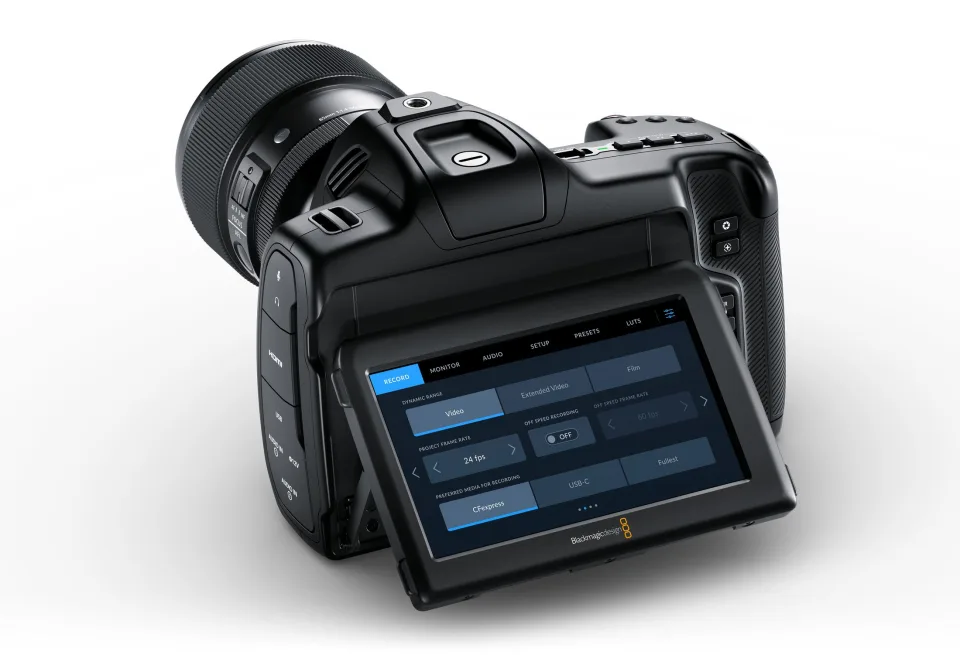
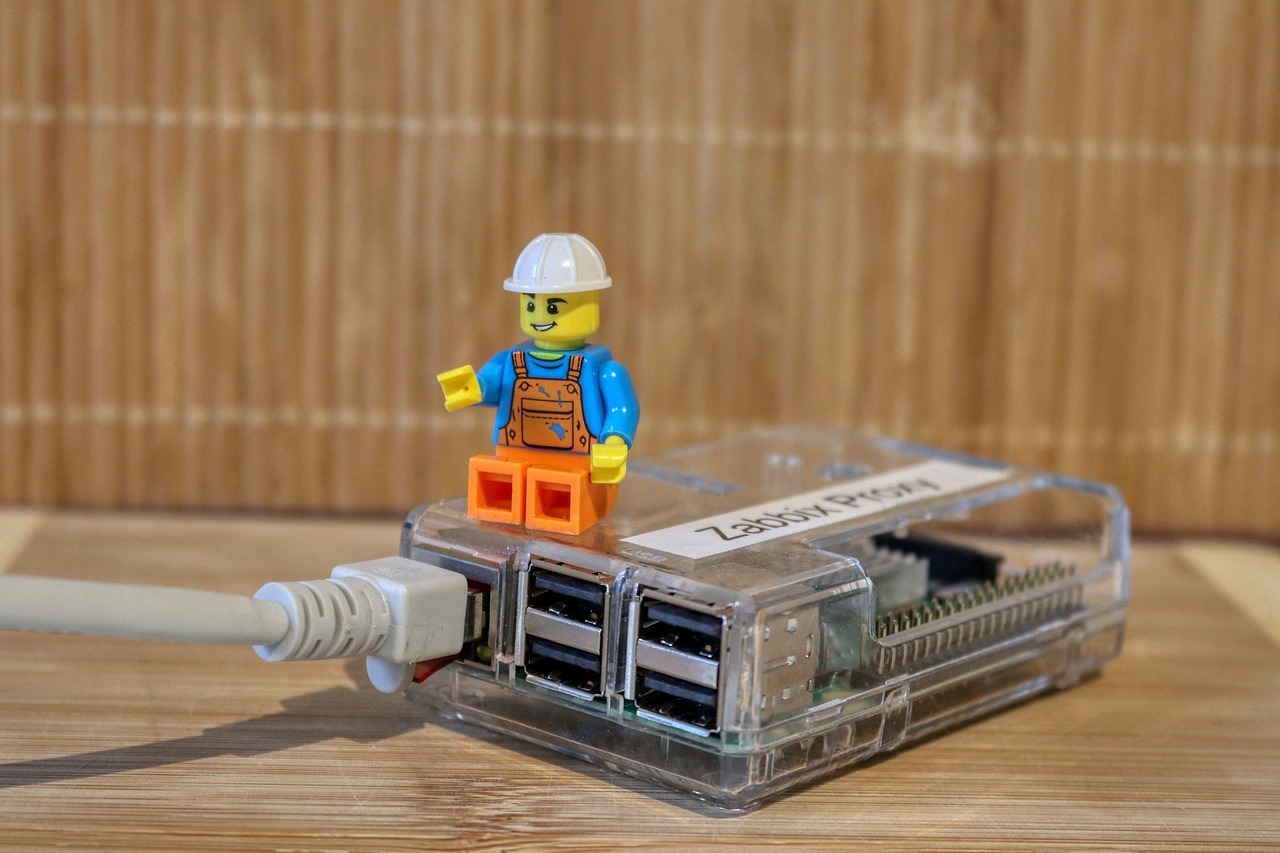




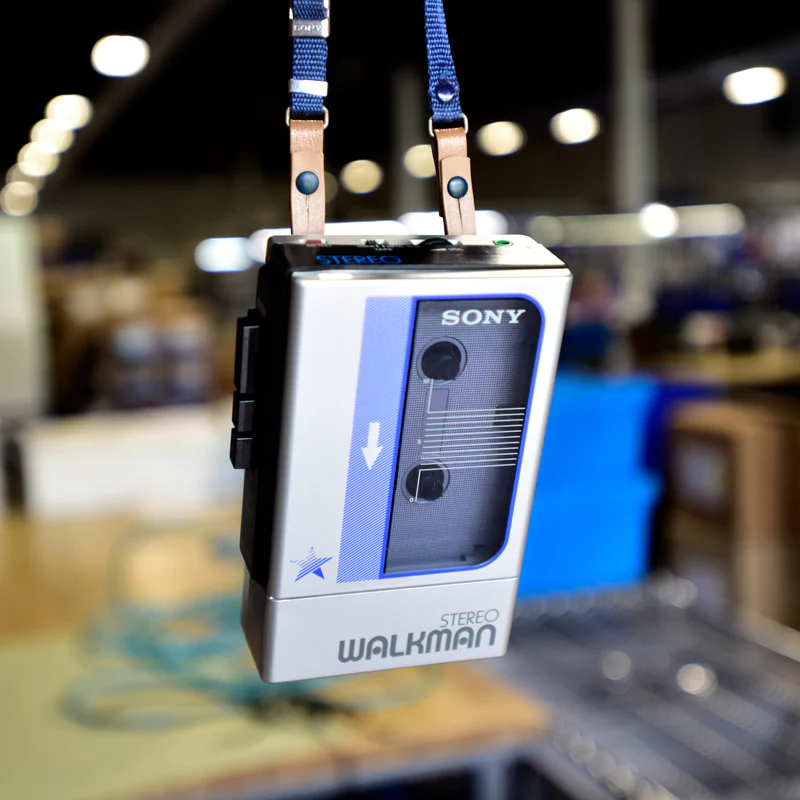




![Apple Watch Series 9 [GPS 41mm] Smartwatch with Pink Aluminum Case with Pink Sport Band S/M. Fitness Tracker, Blood Oxygen & ECG Apps, Always-On Retina Display](https://m.media-amazon.com/images/I/31GIvYwIjcL.jpg)
![Apple Watch SE (2nd Gen) [GPS 40mm] Smartwatch with Starlight Aluminum Case with Starlight Sport Band S/M. Fitness & Sleep Tracker, Crash Detection, Heart Rate Monitor](https://m.media-amazon.com/images/I/41NUC0192NL.jpg)






